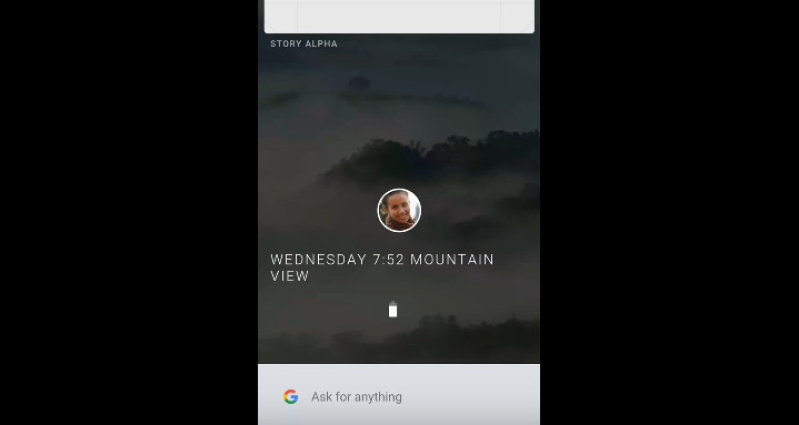
The operating system is the heart of any hardware, and Google has already released two operating systems: Android and Chrome OS, with the former achieving a remarkable level of success on the smartphone and tablet front. It looks like Google is not quite done yet with the world of operating systems, where they are now developing a third operating system known as Fuchsia. Fuchsia will be totally separate from Android and Chrome OS by virtue that it will not be based on Linux. In other words, it is a 100% Google product that has been built from ground up. Word has it that Fuchsia has been around since August last year, but was recently given a boost with an update through its user interface elements.
The lines surrounding Fuchsia remains rather blurred though at the moment -- it is built on the base of Google’s own kernel known as “Magenta”. Its interface as well as apps are written in Google’s Flutter SDK (with Google’s Dart), which is a Vulkan-based graphics renderer known as “Escher,” while throwing in plenty of Google’s Material Design all over the place. While the different names that make up Fuchsia might be rather confusing, the average layperson does not need to know all of it.
What is the role of Fuchsia? It seems that Fuchsia OS is the Skynet of the future. Google might be experimenting with a platform that would provide them with full control, while being able to function across different devices regardless of their hardware makeup. That particular idea does send a chill down one’s spine, especially when a company is able to gain maximum control over every aspect of your life -- hardware included. However, will other hardware manufacturers be willing to jump on board the Fuchsia bandwagon when it rolls out in the future, when there are alternative choices available? Only time will be able to tell.
As for Android, there is still a place for it in the gadget universe, being built on Linux with Oracle’s Java and licensed under GPL (General Public License). Fuchsia is looking more and more to be a third pillar operating system for smartphones and computers, and who knows? It might eventually phase out Android one of these days as it snowballs in popularity -- which could be the exact scenario which Google is aiming for, actually. As long as Fuchsia is in the presence of speedy processors and a whole lot of RAM, it will find itself right at home.
Recent discoveries from Hotfix point to a UI preview for Fuchsia, which will be known as Armadillo. This does not mean that Fuchsia is ready to be shipped in a working device -- far from it, but it is a radical departure from what millions of Android and Chrome users are used to. It seems to pay a lot of attention to cards, where you swipe through various areas in order to access apps, while the drag-and-drop motion results in the ability to pull up multi window scenarios, resize windows, open multiple tabs within windows, and interact with Google from anywhere. As to when Fuchsia is ready to make a full debut, that is anybody’s guess.







